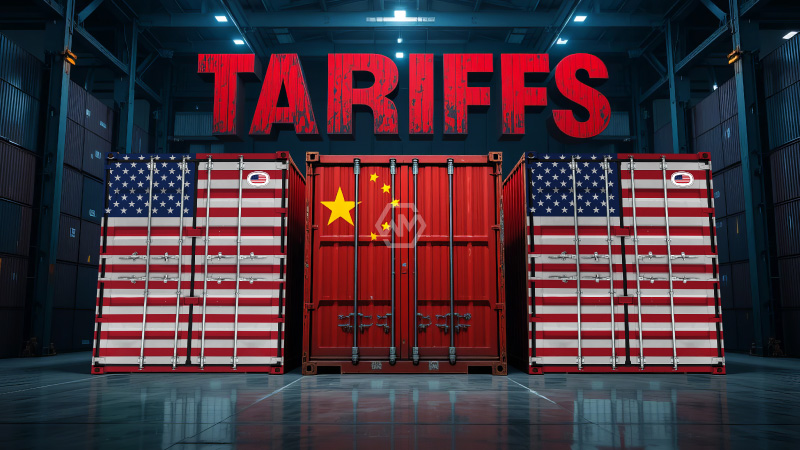- China cautions countries like Japan, Taiwan, and South Korea against trade deals that disadvantage Beijing.
- The warning follows increased U.S. tariffs targeting Chinese imports.
- China vows to retaliate against any such agreements, labeling U.S. actions as “economic bullying.”
China has issued a firm warning to nations negotiating trade agreements with the United States. This particularly follows former President Donald Trump’s tariff escalation against Beijing.
The U.S. has been encouraging a coalition-style approach to pressure China economically. However, Beijing is making it clear that any shift in regional trade dynamics could provoke serious retaliation.
Tariff War Escalates: China Threatens Retaliation Against U.S.-Led Trade Alliances
The trade standoff between China and the United States has taken a new turn. China warned its neighbors and trading partners not to engage in deals that could harm its economic position. This follows the United States’ imposition of unprecedented tariffs against China. These tariffs were far steeper than those aimed at other countries and sparked market instability.
Countries like Japan and South Korea, while traditionally allied with the U.S., are being pressured to tread carefully. They face caution as they enter negotiations with Washington. China’s message is direct: supporting U.S. trade policies at the expense of Chinese interests will trigger consequences. This could upset regional stability and bilateral ties.
The U.S. has been urging countries to form a united front against China’s trade practices. This is a move Beijing sees as aggressive and provocative. Treasury Secretary Scott Bessent’s recent remarks reflect Washington’s desire for a collective strategy. However, China’s response indicates it will resist any multilateral approach that excludes or targets it.
This trade war is more than a battle of tariffs—it’s a struggle for influence in Asia and the global economy. China is framing the issue as one of fairness and sovereignty. It is appealing to national interests and regional pride, making it harder for other governments to ignore the political implications of their trade decisions.
As global economies navigate this shifting trade landscape, nations face a critical choice. They must choose between aligning with U.S. strategies or maintaining equilibrium with China. Each path is fraught with risk and consequence.
“Appeasement cannot bring peace, and compromise cannot win respect.” — Chinese Commerce Ministry



